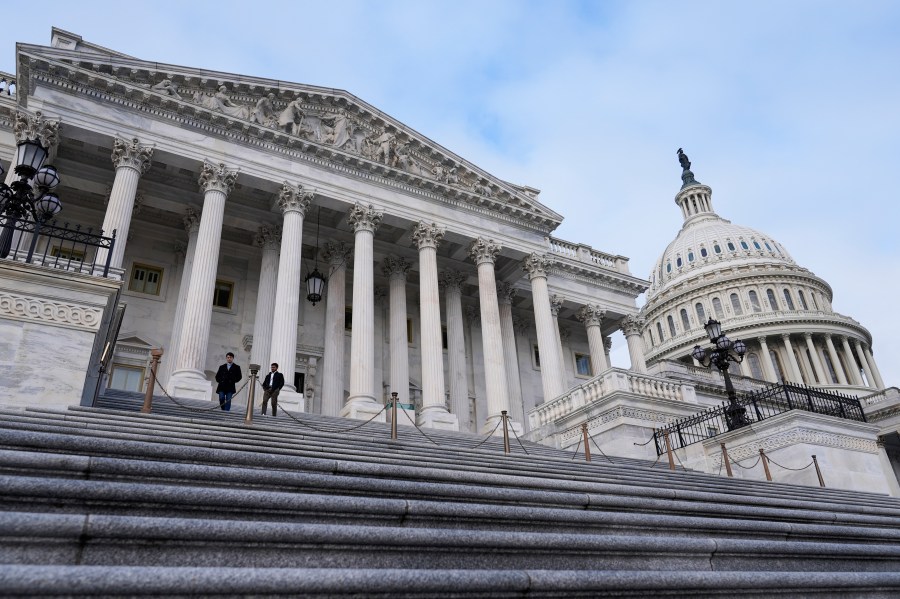WASHINGTON (NewsNation) — As the year ends, so does the current session of Congress, leaving many Americans asking: did the 118th Congress accomplish anything?
Over the past two years, the outgoing Congress enacted fewer than 210 bills into law over the last two years, according to National Archives data, with most enacted in 2024. This makes the 118th Congress the least productive in more than 30 years.
Partisan gridlock brings Congress to a halt
Tensions between the Republican-controlled House, the Democratic-led Senate, and the White House fueled much of the partisan gridlock. Key contributors included funding disputes, efforts to expel accused embattled Rep. George Santos, R-N.Y., and two lawmakers facing indictments.
Additionally, infighting within the GOP further fueled the stalemate, culminating in the historic removal of Speaker Kevin McCarthy and the prolonged struggle to replace him.
GOP unity in new session uncertain
Some Republican lawmakers are warning House Speaker Mike Johnson and the GOP to work across the aisle and avoid giving control to the party’s right-wing base.
“I think we still got to govern from the center to the right, and not just from the far right, because the fact is, you’re not going to get those votes, the House or Senate if you try to govern that way. I heard a couple of times this week, ‘We get 100% the Democrats get zero.’ It doesn’t work that way. James Madison designed a system that forces consensus building, and so you can’t just govern from an extreme position,” said Rep. Don Bacon, R-Nebraska.
As Congress gears up for the new session — with Republicans controlling both chambers and the White House — questions remain about whether the party can present a unified front moving forward.
